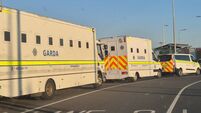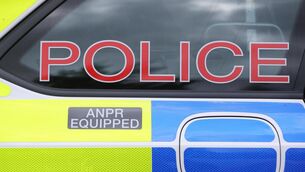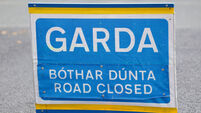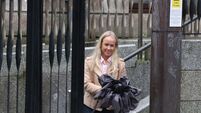Call to adopt Dutch-style road pricing scheme
The charges, which would replace vehicle taxes over the next five to seven years, would vary according to vehicle emissions, geographic location and time of travel.
Comhar, which proposed the national road pricing scheme, believe it is the best way to tackle environmental damage and combat traffic congestion.













